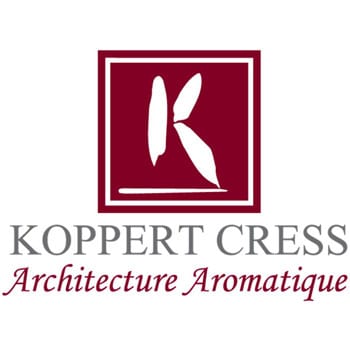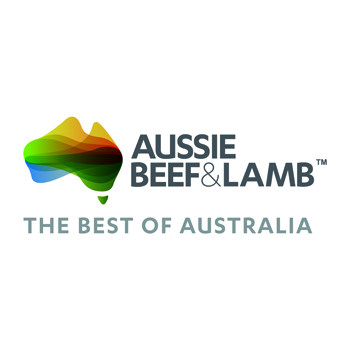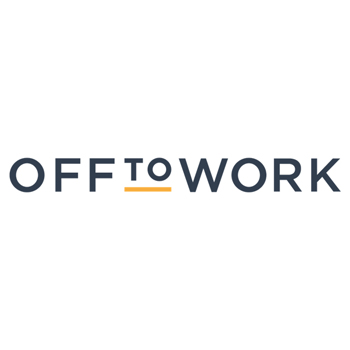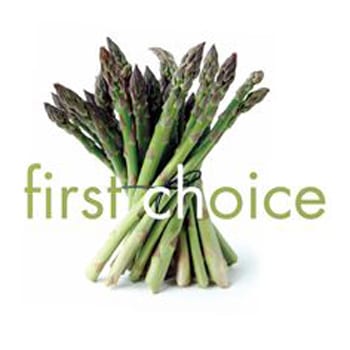The Terra Madre Opening Ceremony Kicks off with the Presence of 3,000 Delegates and Words from Michelle Obama and Pope Francis
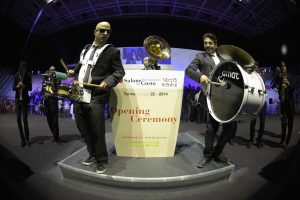
Salone del Gusto and Terra Madre 2014 opened in Turin, Italy, with 5 speeches of successes and 5 speeches of challenges for the future of the Terra Madre network.
The Terra Madre Opening Ceremony officially opened this year’s edition of Salone del Gusto and Terra Madre 2014 with the presence of Slow Food representatives, 3,000 delegates, the press and public. This year’s ceremony saw once more a parade of flags, musical contributions, as well as speeches focusing on success stories and future challenges for the Terra Madre network in different parts of the world. Slow Food was particularly honored by kind words sent in from the Director General of the Food and Agriculture Organization José Graziano Da Silva, Michelle Obama and Pope Francis.
Pope Francis sent a greeting to all participants in which he said that no one should be without sufficient and healthy food, and Michelle Obama, the First Lady of the United States, said from a video message from the White House to the attendees of the opening ceremony: “I just want to say thank you for everything you are doing to promote healthy eating and good nutrition in our families and communities and thank you for your work to raise awareness of these issues across the globe, because as you all know so well, food is not just how we fuel our bodies; it is how we express who we are as people, it is how we show love to our friends, families and neighbors. So your efforts to preserve regional traditions and local flavors is making a difference for people all around the world. I am particularly excited about your 10,000 Food Gardens in Africa initiative. I know how important it is to produce healthy food right in our own communities […] So I want to thank you again for all that you are doing to support children and families around the world.”
Alice Waters (USA), Vice President of Slow Food International, strengthened the importance of the Terra Madre network by saying: “I live in a fast food culture, but the destiny of our planet depends on how we nourish ourselves. […] When I come here to Terra Madre I know that together we have all the skills and knowledge to solve the problems of the current food system.”
Stories of Success of the Terre Madre Network
Joei Asari (Japan), artisanal producer of Koji, described the rich history of traditional products from Japan by proudly explaining how his family managed to preserve a traditional product: “For 320 years my family has been producing a very important product called koji [and] it represents the accumulation of Japanese wisdom and its enormous variety across Japan is reflective of each place’s culture and climate.” He claimed Miso, a soy paste made from Koji, has been used to help detoxify the body from radiation from the Fukushima disaster in Japan.
Roba Bulga (Ethiopia), coordinator of the Slow Food and Terra Madre network in Ethiopia, as well as nomadic pastoralist from the Karrayu Tribe, described how his people of nomadic camel herders have established a Presidium for their camel’s milk and created 60 food gardens, but have lost portions of their ancestral land to industrial sugarcane production.
Naseegh Jaffer (South Africa), the General Secretary of the World Forum of Fisher Peoples, gave a moving speech of success in a legal campaign to protect fishing rights of fishermen in his homeland of South Africa. He told the audience of how small-scale producers and fishers, changed a law that denied small-scale fishers their “rights to access the sea” and the “capacity to feed themselves.” He described how a court victory required the government to develop a “new policy framework to specifically accommodate us.”
Edward Mukiibi (Uganda), Vice President of Slow Food International, spoke of the many successes of Slow Food in Africa, including the creation of food gardens in schools and communities across 30 African countries within the Thousand Food Gardens in Africa campaign, the starting of Presidia and the cataloging of the “many varieties of bananas, yams, coffee, millet, and yams […]”.
Adelita San Vicente Tello (Mexico), director of the association Semillas de Vida, spoke of the legal victory of banning GMO corn in Mexico. She exclaimed to the audience that “I and thousands of other Mexicans have managed to turn [a dream] into a reality: stopping Monsanto in the homeland of corn.”
Challenges for the Future
Beyond stories of success, the speakers addressing the opening ceremony of Salone del Gusto and Terra Madre were also looking into the future by highlighting challenges that the Terra Madre network wants to affront in the future.
Anna Grosmanova (Czech Republic), Leader of the Slow Food Youth Network in the Czech Republic, spoke of the challenges faced by youth growing up in an urban environment by saying that “[W]e felt that young people in big cities, in my case Prague, are disconnected from the seasons and the land from where their food comes.”
Ibrahim Mansaray, an agronomist from Cote d’Ivoire, spoke on behalf of two representatives from Sierra Leone who were both unable to attend due to the current Ebola crisis in West Africa: Patrick Mansaray, Slow Food Gardens Coordinator for Sierra Leone and priest Father Maurizio. Patrick Mansaray’s story told of how the Slow Food gardens in his country were “more important than ever” and that “many communities are now surviving thanks to the food from these gardens.” Father Maurizio’s story claimed that “[t]he contagion is spreading quickly and the response is not fast enough. The health service is on the point of collapse, the centers where Ebola victims are accommodated are crammed full and won’t accept anyone else.”
Selvi Nanji (India), representative of the Indigenous Terra Madre network and member of the Alu Kurumba Tribe, recounted the challenges that she faced in her home country of India, where she created a census of her people and realized there “weren’t enough elders to lead youth in matters of cultural identity, village systems, traditional medicine and pass on old knowledge.” She said that “we have many beliefs that stop us from interacting with other people and also from participating in public meetings… I want to change this.”
Ivo Kara Pesic (Croatia), Convivium Leader of Slow Food Dubrovnik and organizer of the last edition of Terra Madre Balkans gave details of the recent challenges faced by organizing the Terra Madre Balkans event in Dubrovnik, as well as the identification of 200 food products for the Ark of Taste within a short time frame. He emphasized that “organizing Terra Madre Balkans in Croatia less than a year after our country joined the European Union was hugely important”.
Jerônimo Villas-Bôas (Brazil), ecologist and coordinator of the Slow Food network for native honey bee species of Brazil, told the audience of the plight of native bee species in his country and lamented that “in Brazil only the trade in honey made by foreign bees is regulated and recognized. Honey from native bees is actually banned [and] Slow Food has been fighting in Brazil for the products of native stingless bees to be regulated and valued.”
Slow Food President Carlo Petrini concluded the Terra Madre ceremony by saying that “We are entering the 7th year of a crisis that is shattering the planet. […] We have reached the entropic crisis and we cannot waste anymore. To overcome this situation we must change the paradigm, we must reject the idea of food as a commodity, we must reject any approach that gives no value to food and we must change this food system, because it is a criminal system! […] Privileging the market before the people is a crime we can no longer tolerate […] This is the real value of our network, that each of you is a real defender and guardian of biodiversity.”
